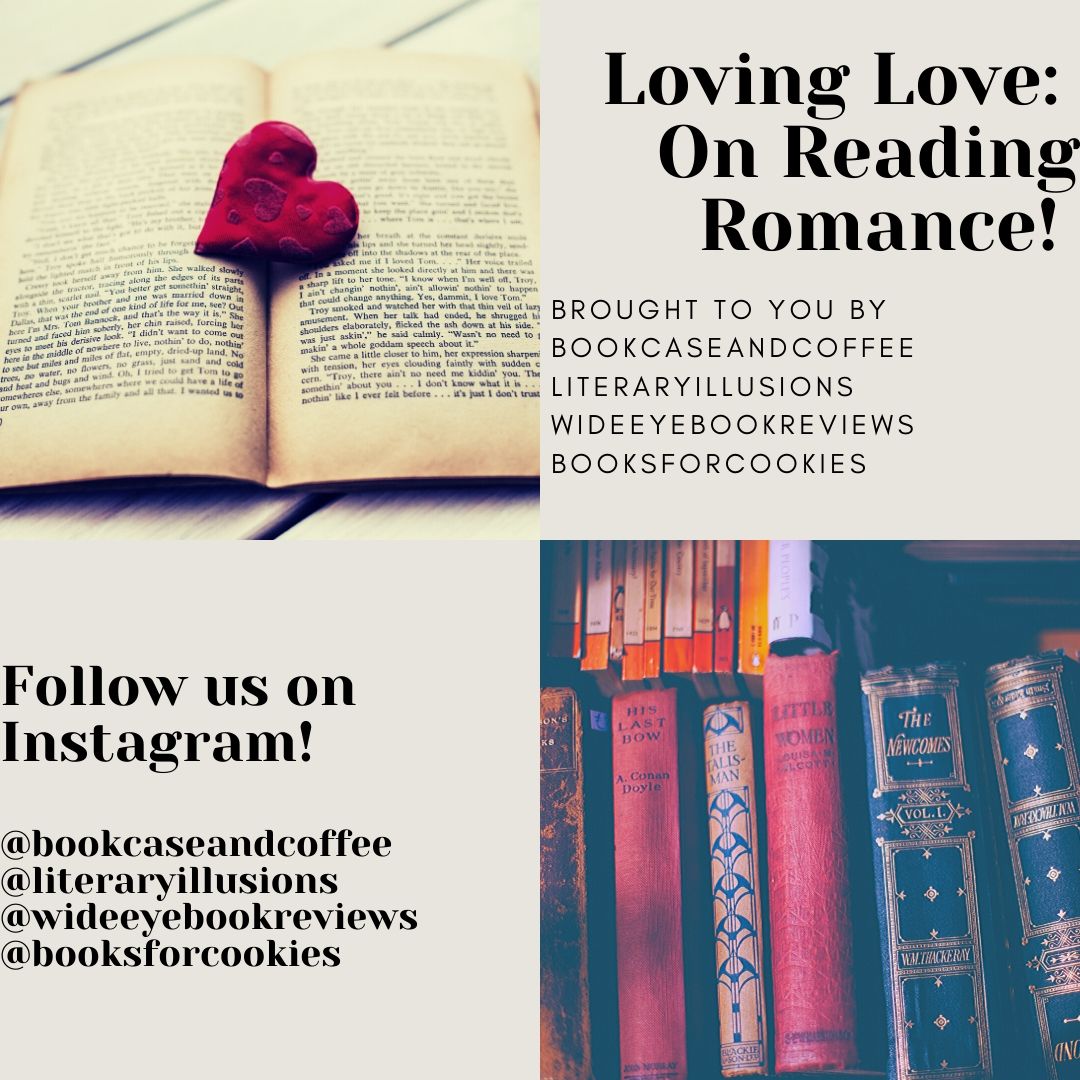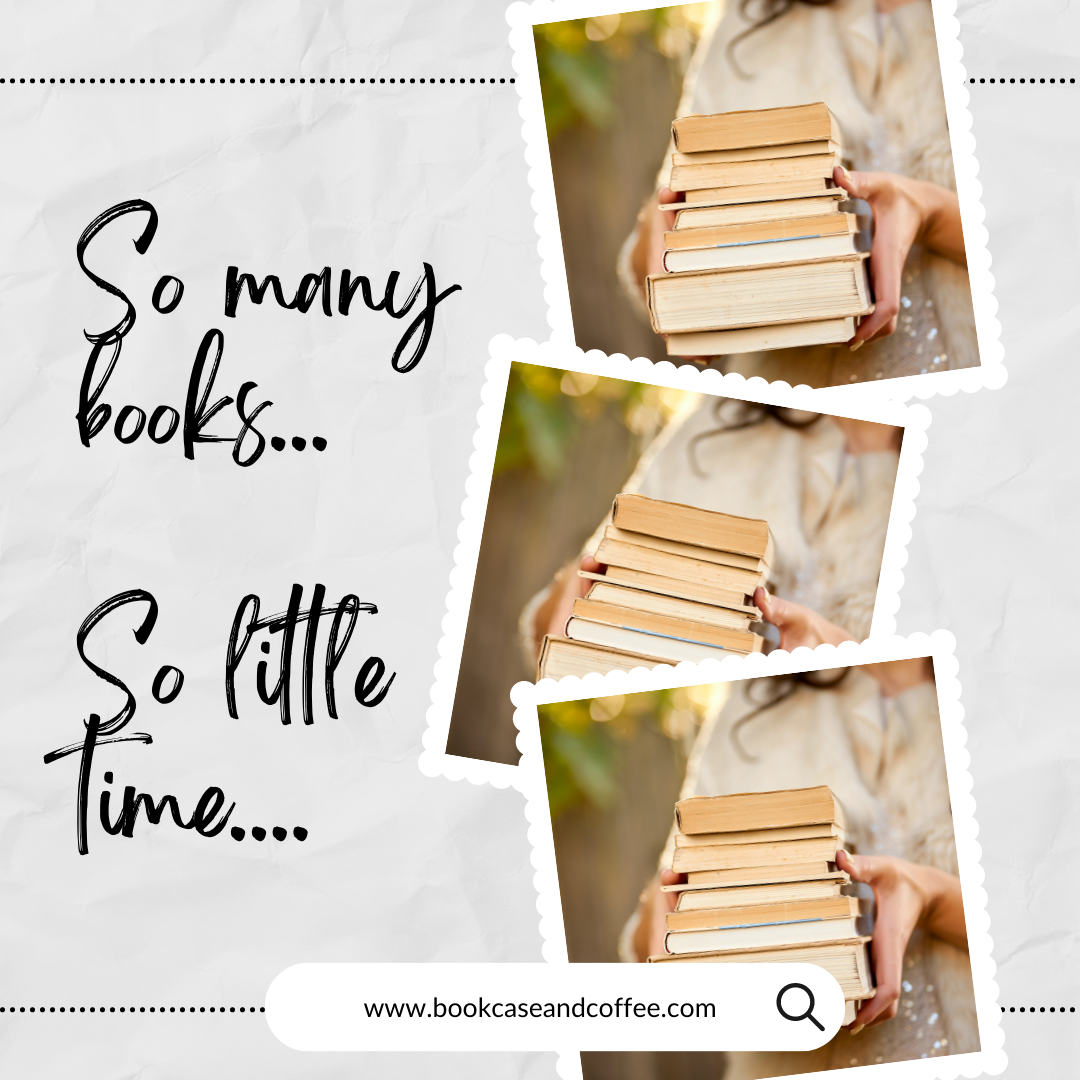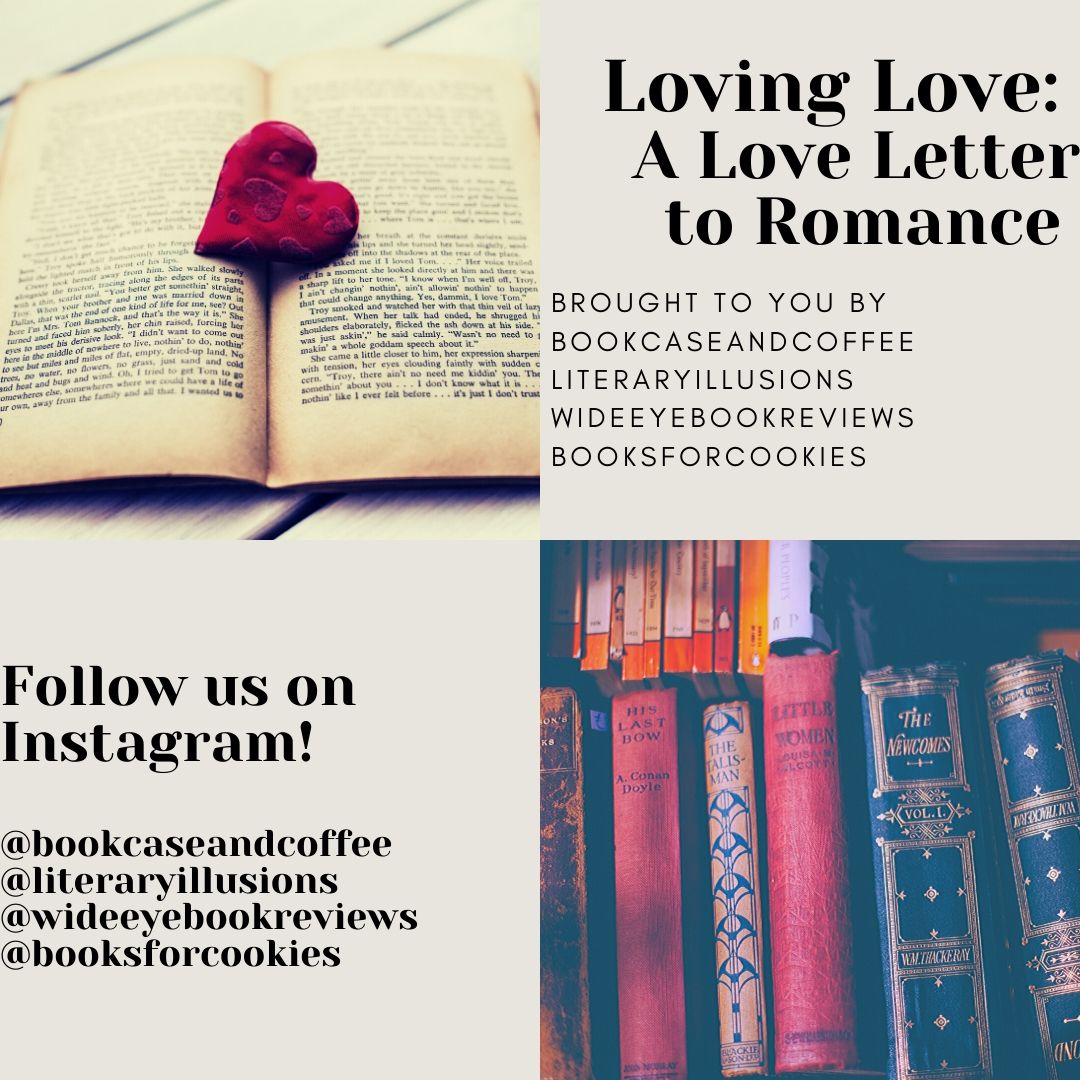Why Romance: Keep It On the Down Low
Just a real-life girl living in a fictional world. I am a thirty-something reader who lives in the middle of nowhere and loves to be outside, traveling, or hanging out with pets and her permanent roommate.
Follow me on Instagram @literaryillusions or on Tumblr @literaryillusions.
Despite my voracious bookworm ways as an adult, I was not a natural reader. I was a delayed reader and teacher after teacher insisted I read these awful leveled reading books that had less story and even less reason for me to pick them up. Luckily – when I was eleven my grandparents gave me the first Harry Potter book (I know JKR is highly problematic but I never would have been a reader without those books) and a lifelong love affair with the written word was born.
Fast forward a few years and I discovered Jane Austen. And fell in love with falling in love. I could endlessly watch how people have to compromise and grow and be bold enough to let go and fall in love. It was really only a hop, skip and a jump to reading romance. And suddenly I was being swept away to Regency ballrooms or Victorian moors or racing across the country on a motorcycle – but I could never admit to reading such things.
Some of it was definitely escapism. Growing up is awkward and hard and reading about being a daring lady with a to die for dress is far more interesting than being awkwardly shaped and having braces. But it was more than that. Those heroines learned to stand up for themselves and to own what they wanted. And I wanted to be like that. But instead I was told that I was reading bodice rippers. Trash novels. Mommy porn.
Every closeted romance reader has heard the phrases as we secretly devour our Dashing Dukes and Dangerous Rogues. Like a kid sneaking their Halloween candy before dinner – we hide our sweet tooth. Because romance novels aren’t literature – right?
For years I read “literature” and had “junk food books” or “beach reads” for when I needed something “lighter.” Hearing my bookish family refer to my “dirty books” as though they were a contraband stash of Playgirls under my bed. Like reading about love was somehow less interesting or less profound than reading about a young woman’s coming of age story. I kept my passion for passion on the down-low so I wouldn’t get ridiculed for it from people who have never read or have any interest in ever reading a romance novel.
The idea that romances are based on rampent sex and not development of characters is just plain inaccurate. Even classic romances – we meet again, Miss Austen – was about learning to listen to each other, give second chances and learn to speak up for oneself. The idea that characters cannot enjoy kinky sex at the same time is ridiculous. Even if you are just hooking up with someone there is an intimacy in the act of sex. And unrealistic sex scenes (Enter Mr. Gray) are not necessarily the norm within the genre. As someone who was not raised openly discussing sex or enjoyment of the act – reading about it was definitely on the taboo list as well. It was far easier to insult a genre than to straight out say that it was not appropriate to enjoy sex.
About a year ago on Tumblr, I admitted my secret passion and started writing about the books I read. But Tumblr is the most anonymous form of social media – of therefore the safest – place to admit such a thing.
I am thirty now and have decided that I am done being closeted so I joined Instagram – and discovered the rumored land of Romancelandia. Where people openly gush about Lisa Kleypas’ latest release and count the days until Tessa Dare’s next duke invites a wallflower to go waltzing through a ballroom. I can talk openly about authors and discover favorite tropes (looking at you, second chance) and least favorite (side-eye at enemies to lovers). I can explore subgenres with shy hockey players or motorcycles or modern princes or mysteries to solve.
Because there is more to romance than sex. (Not that sex should be or is a deterrent for most readers.) There are historic fiction stories about interracial romance (Alyssa Cole and Courtney Milan). There are stories about women defying gender norms (Sarah MacLean and Julia Quinn). There are contemporary romances with women who struggle to find their passion or are tired of being so strong for so long (Roni Loren). There are books about queer couples (Cat Sebastian and Casey McQuiston). You can get down and dirty with hockey players (Helena Hunting) or pick apples and put all your pieces back together (Sarina Bowen). It is no longer just quivering members and dollar store Fabio covers.
And I for one am no longer going to keep my love story with romance on the down-low.


